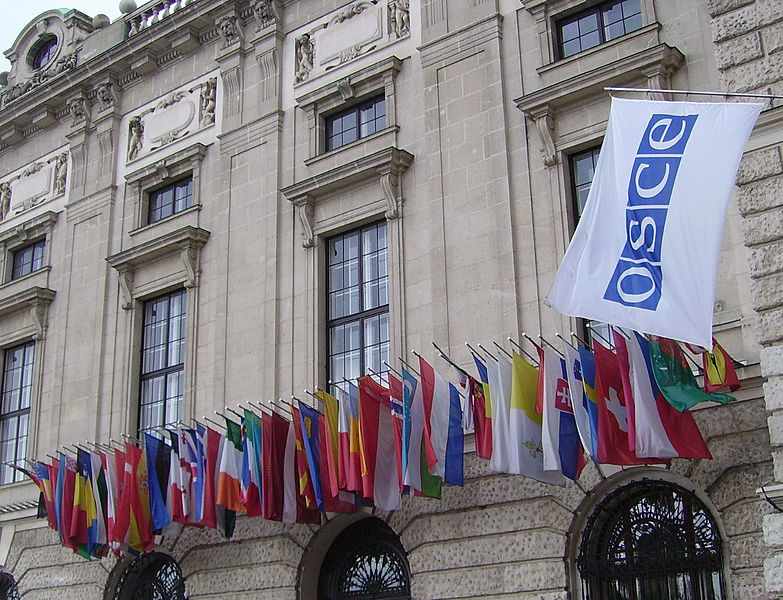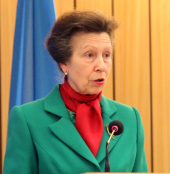
Justin Addison (UK delegation to the OSCE) highlights the effect of biodiversity loss on peace and prosperity, exacerbated by Russia's war of aggression against Ukraine.
Thank you, Chair; good morning colleagues; and thank you to all the speakers for their presentations.
As we have heard from the panellists and my fellow delegates biodiversity loss threatens not only the natural world but also the security and prosperity of all our societies. Of the challenges identified in the UK’s Integrated Review, climate change and biodiversity loss are recognised as the most serious multipliers of global threats such as food and water insecurity, displacement of people, conflict, and economic instability. And these multipliers are only set to worsen over the next decade.
Nowhere is this threat more apparent than in Ukraine, where President Putin’s illegal invasion is devastating the country’s biodiversity. We heard Mr Fedorenko provide some details earlier about biodiversity loss in Ukraine. Ukraine is home to 35% of Europe’s biodiversity; many of its 70,000 species of fauna and flora are rare and endemic. Rather than preserving this rich ecosystem, Russia is destroying it.
Deliberate shelling of the country’s forests, land and marine ecosystems, industrial facilities, and infrastructure has caused widespread and severe damage. Wanton destruction of wetlands threatens fish species and migratory birds. Forests are littered with destroyed military vehicles, whilst forest fires are leading to the loss of ancient woodlands. Overall, an estimated 900 protected natural areas have been affected. Many of these issues are transboundary, with the environmental impacts felt beyond Ukraine’s borders for decades to come.
While the immediate focus of any conflict is rightly on human casualties, we are grateful to the OSCE, Ukraine’s government, and civil society for ensuring environmental impacts are not forgotten. We are pleased to support the OCEEA’s project to assess the environmental impacts of the war against Ukraine.
More widely, the UK is committed to working with the OSCE and other international partners to champion delivery of the Kunming-Montreal Global Biodiversity Framework to halt and reverse biodiversity loss by 2030. And we will support delivery of the “30by30” target to protect at least 30% of all land and 30% of the ocean globally by 2030. We are also delivering on our commitment to double our International Climate Finance to £11.6 billion, including at least £3 billion on Nature.
Mr Chair, the 2020s must be a decade of climate and nature action. Our common security and prosperity depend upon it. Photo by Immanuel Giel, Wikimedia commons.







































